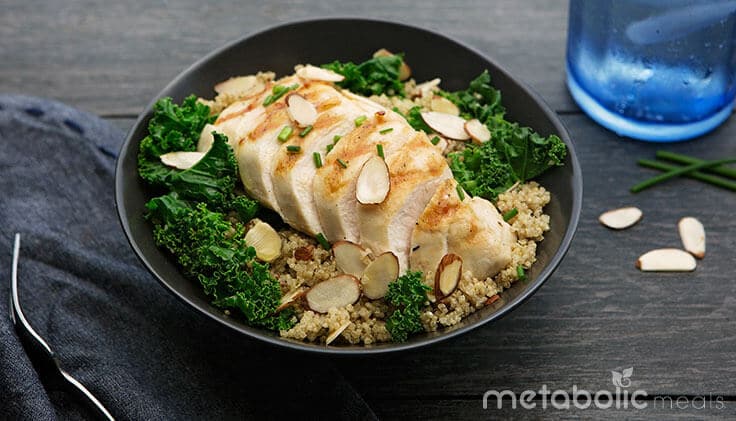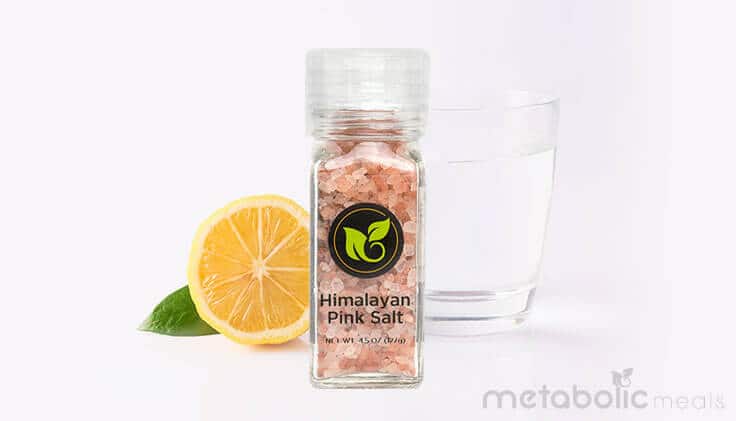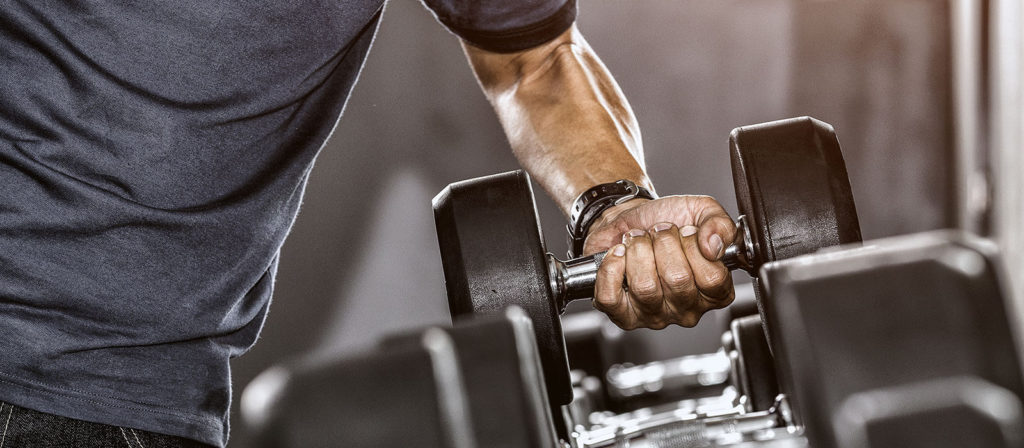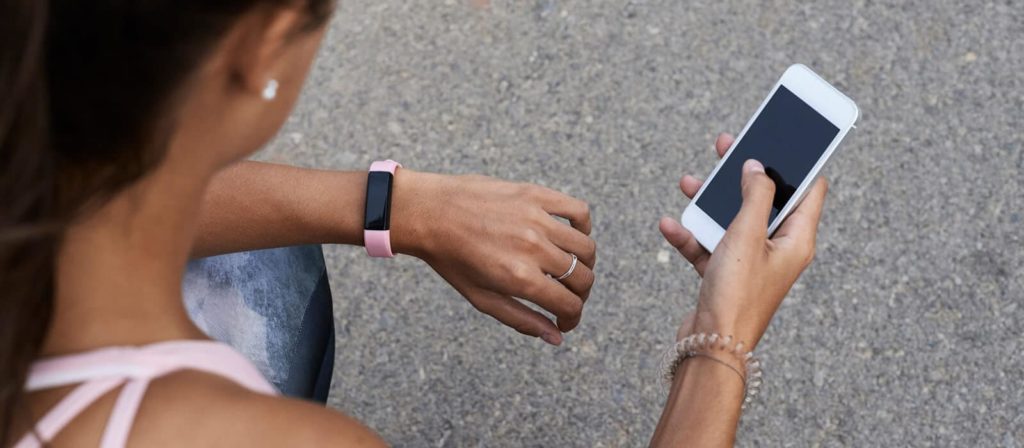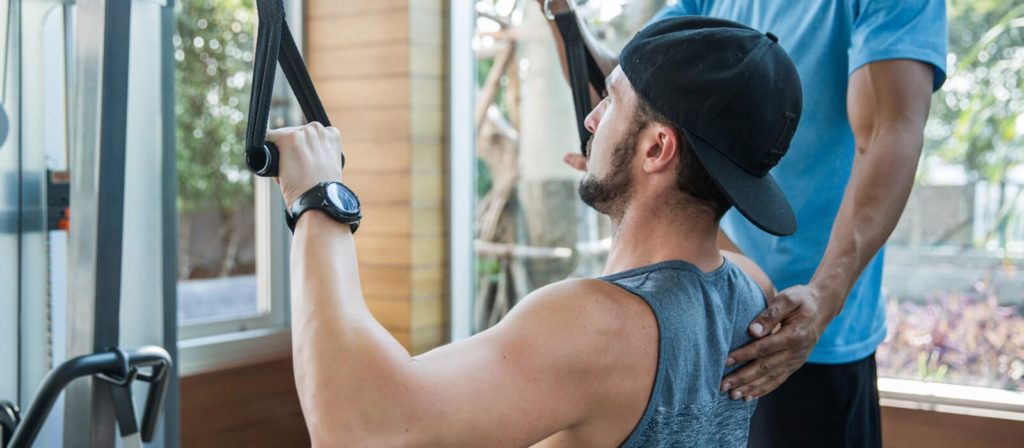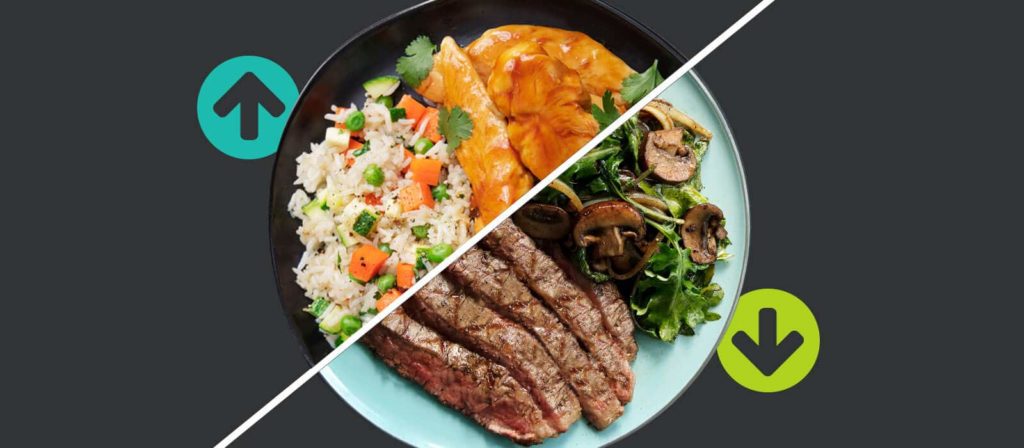Whether you’re preparing for the big game or getting ready for your first 5K, the topic of competition-day nutrition is a polarizing one. There seems to be an old-school versus new-school battle around how to best approach the 24 hours surrounding a competition. Even though the nutritional science field has produced information on the subject, the debate rages on.
There are many factors to consider when lining up pre-competition meals, from food preference to travel schedules to walkthroughs and warm-ups. As an athlete and a coach, I’ve been on both sides of competition-day nutrition. I can say unequivocally that the most important element of competition day is an athlete’s performance — it’s not the time to treat nutrition like an experiment to drive new trends or agendas.
That said, I’ve developed a strong opinion about how best to approach competition-day nutrition. I’d like to share my top four tips for enhancing an athlete’s performance on game day:
1. Be consistent.
It’s critical to stay true to your routine on the day of your competition. My advice is short and sweet: Go to sleep the night before at the same time you usually do, and wake up at your normal time. Eat breakfast at the same time you did the day before. Don’t think that just because it’s competition day, you need to upend your schedule and get out of your comfort zone. You don’t.
2. Stick with familiar foods.
The idea of stuffing your face with spaghetti and breadsticks with a side of sports drink to carb load the night before the big competition is outdated, but it’s still commonly recommended. The problem? Introducing uncommon or highly processed foods the day before or the day of competition can create gastrointestinal distress, lead to overeating, and can disrupt bowel movements.
During the 24 hours leading up to competition, you should eat foods you regularly see in your diet. If you consistently consume animal-source proteins, fruits, vegetables, and complex carbohydrates such as wild rice and quinoa, keep doing that! If pasta isn’t a part of your regular diet, keep it out.
3. Eat your pre-competition meal four hours before you compete.
I’m a huge believer that you should eat your final meal before a competition four hours ahead of time. After that meal, keep small snacks like fruits and protein bars handy up to and throughout the competition so you can lightly consume them as needed. This is one of the most polarizing and hotly debated aspects of competition-day nutrition, but it’s the most practical advice when considering a typical day’s schedule.
There are countless other ideas about when athletes should consume pre-competition meals, but they typically boil down to eating a big meal seven hours before, then eating a small meal two hours out. The problem with planning a meal two hours before play starts is that it’s simply impractical. Athletes or their teams are usually warming up 90 minutes to two hours before, and eating then means food won’t be digested in time — and no one wants to compete on a completely full stomach.
4. Drink water.
Sounds simple, right? Unfortunately, there’s a myth that pushing sports drinks, juices, and milk is more beneficial. Sure, it’s better to drink those things than to avoid drinking anything, but water is your best bet. Plain old H20 both hydrates you and eliminates insulin crashes on the day of your competition. Sugar-bombing your system before competing leads to an insulin spike and subsequent crash, and crashing right before is not ideal.
If you feel the need to consume additional electrolytes, try skipping the sugary drinks in favor of citrus water with added Himalayan sea salt. The salt contains trace minerals — aka electrolytes — and the citrus will mediate the salty taste.
On competition day, performance is what matters most. Ensure your body is getting the right nutrients at the right times, and you’ll be at your best when the competition begins.
Alan Bishop is the director of sports performance for men’s basketball at the University of Houston. Alan has a master’s degree in sports conditioning and performance and holds certifications through the NSCA, CSCCA, and USAW.

